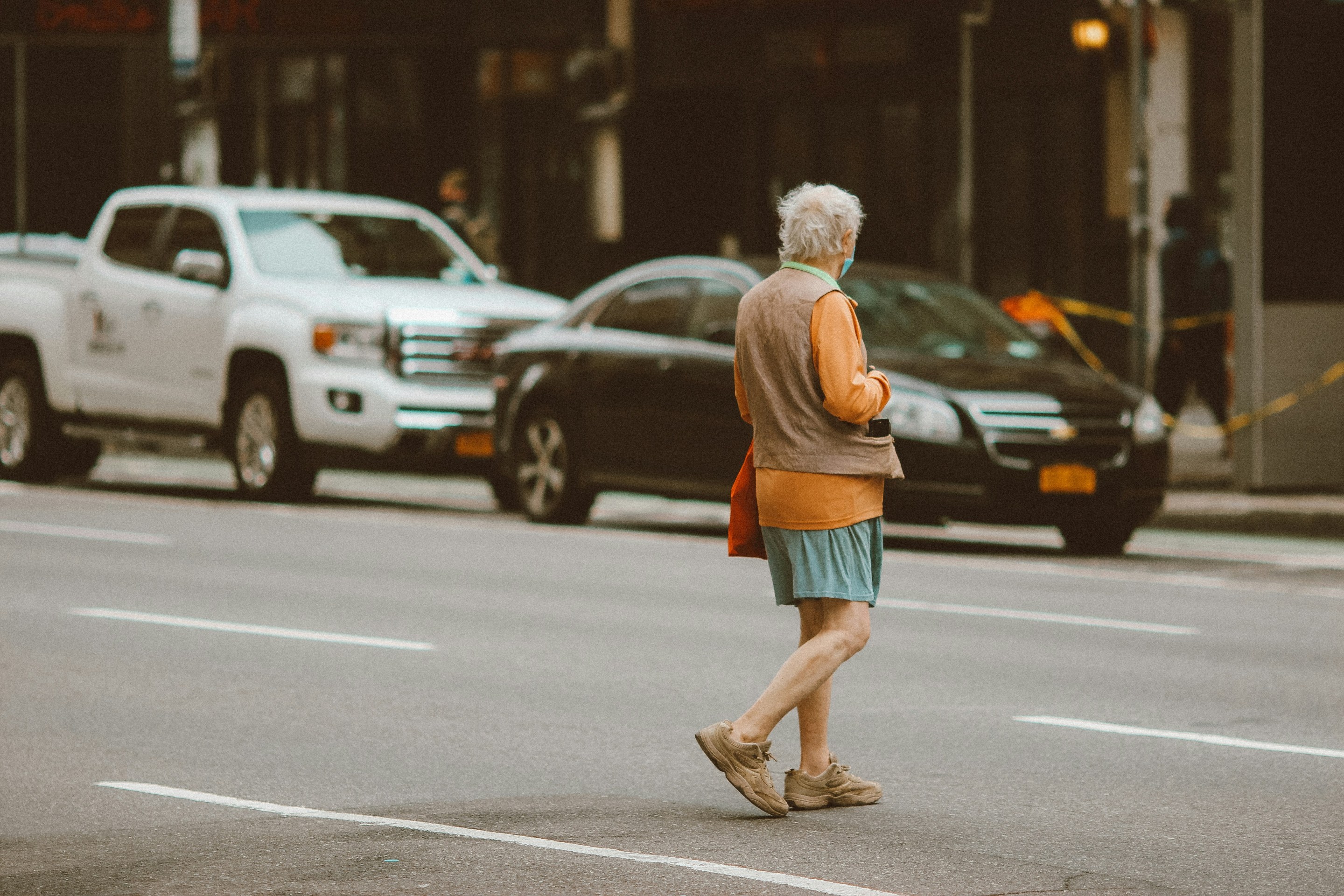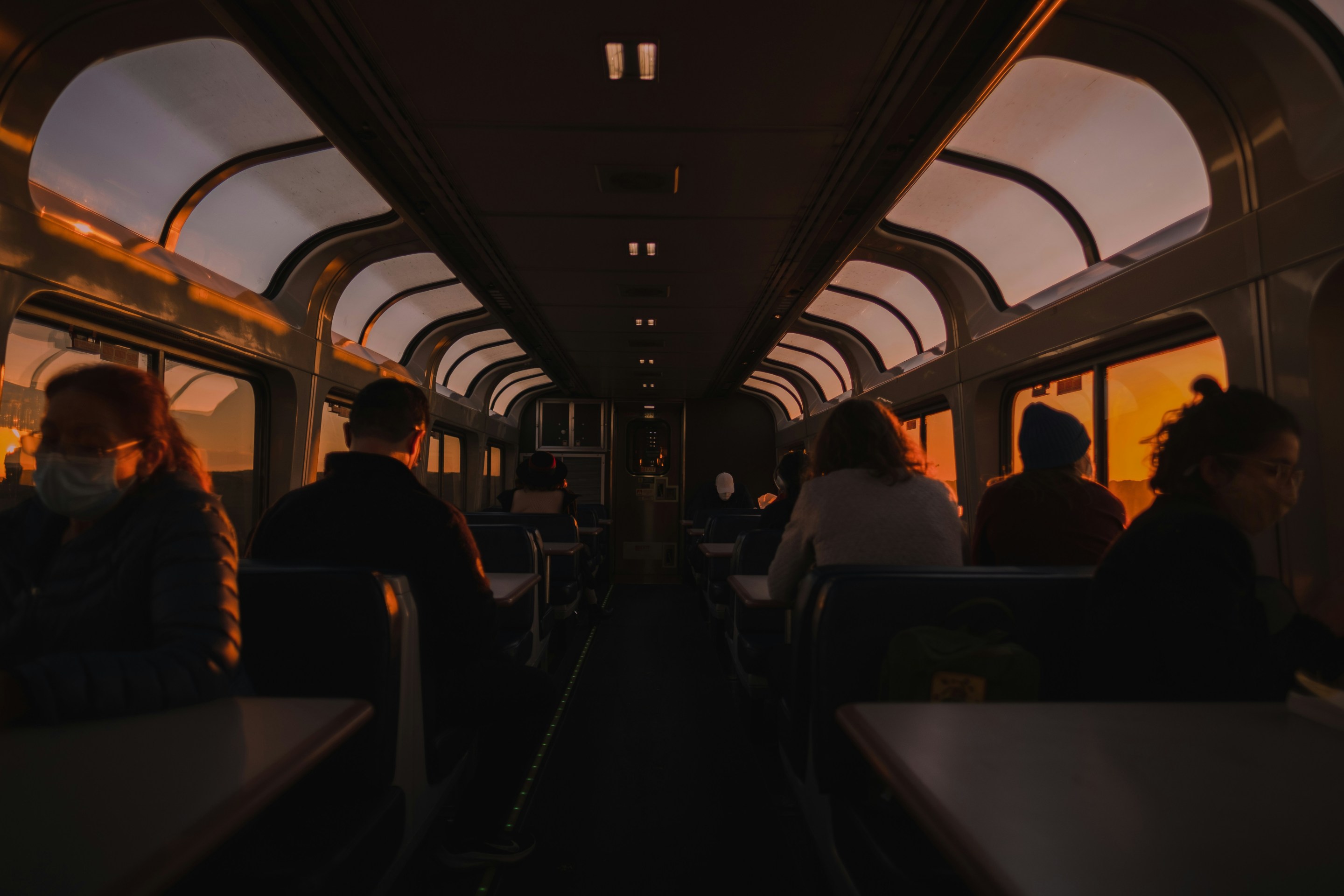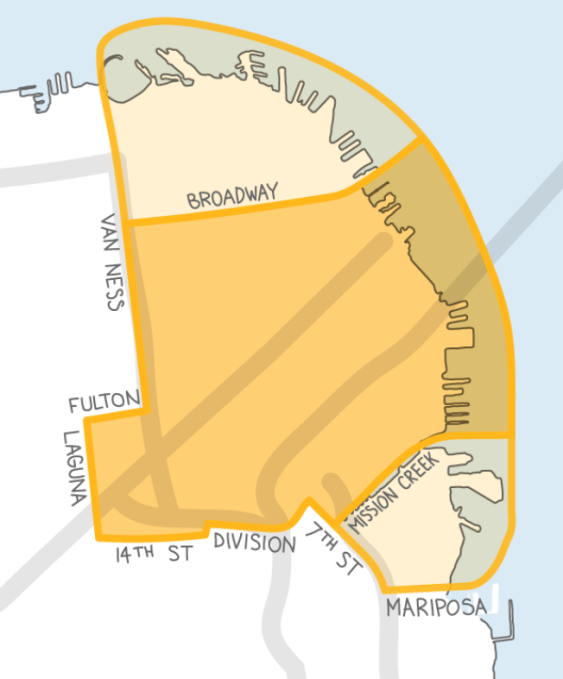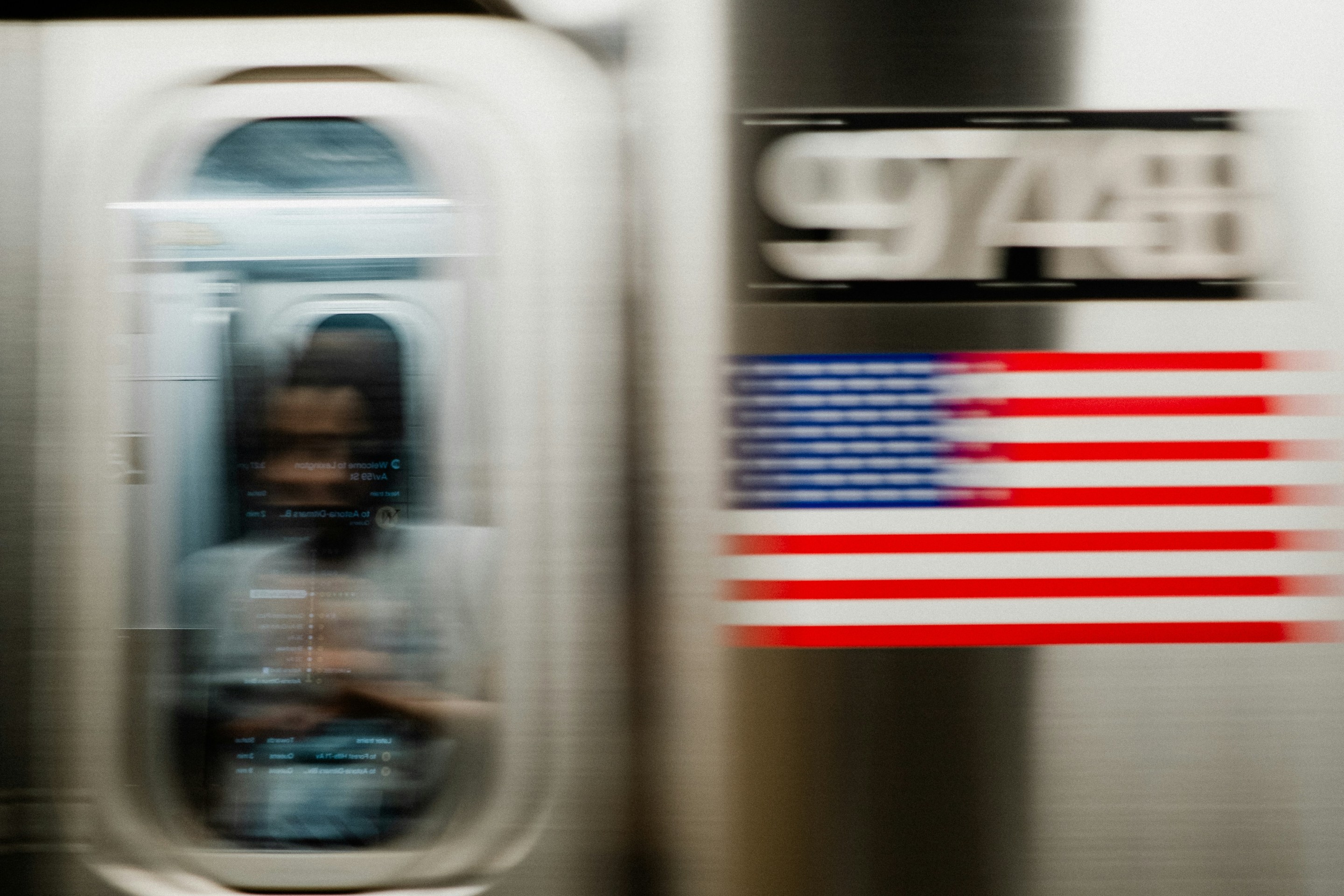Republican Governor-Elect Scott Walker’s decision to kill the Milwaukee-to-Madison high speed rail line is based on bad data and old numbers, according to a story in the Milwaukee Journal-Sentinel. Walker said in his campaign that Wisconsin can’t afford to pay $7.5 million a year to operate the rail line so he’s promised to kill the project, despite the fact that federal money would cover the $810 million construction costs.
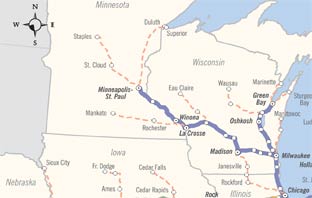
But $7.5 million may be an enormous overestimate of the state’s costs. That number assumes that fares and concessions will bring in only $9 million a year. According to the Journal-Sentinel, the relocation of the Madison station from the airport to downtown has raised ridership estimates by nearly a third. The resulting boost in revenue world cut the state obligation to $4.7 million. (An extra jolt of cash would also come from bistro cars -- instead of snack-cart concessions -- which have been added to the plans since the initial estimate was made.)
On top of all that, the new rail line would operate with newer, more fuel-efficient cars, reducing fuel costs.
The fact that the plans call for state-owned trains, instead of Amtrak rentals, is a double-edged sword. The Journal-Sentinel says “running state-owned trains would insulate Wisconsin from expected increases in Amtrak rental charges,” but “on the other hand, the state would be responsible for maintaining the trains, and the costs of a maintenance contract with [train car manufacturer] Talgo could eat up the savings from ending the rental charges.”
Most significantly, though, federal subsidies could cover 90 percent of the state’s operating costs of this part of the line, as they do on the Milwaukee-to-Chicago segment. There’s been speculation around this for months, and the Journal-Sentinel clears it up:
That's not extra aid for the train, the [Fiscal Bureau report to state Rep. Jon Richards] says. It's a piece of federal aid that already goes to the state.
In some past years, the state covered Hiawatha operating costs with money designated to reduce southeastern Wisconsin traffic congestion and air pollution, said Fred Ammerman, a supervisor in the bureau. In recent years, however, the state has been using part of its highway aid, with federal permission, Ammerman said.
That federal money usually has covered 80 percent of costs, rising to 90 percent in years when the train helps travelers avoid freeway construction zones, the report says.
Will this new information turn Scott Walker into a high speed rail advocate? Not likely. But it could strengthen the position of those still fighting to keep the rail project alive.

